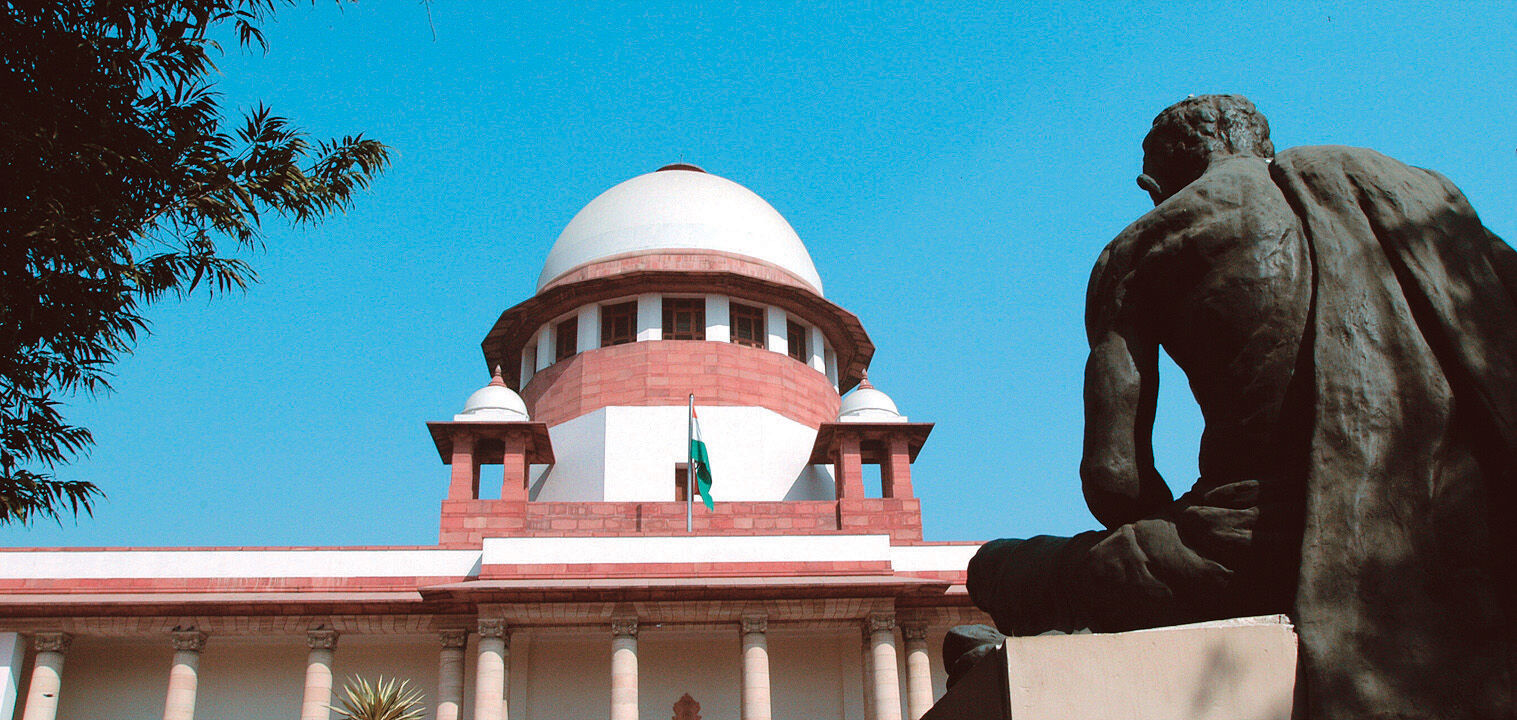India will hear a challenge to its ban on gay sex following a landmark ruling recognizing the right to privacy.
The nation’s top court ruled unanimously in a September 2017 decision that an individual’s right to privacy is guaranteed under Article 21 of the Indian constitution. “No person shall be deprived of his life or personal liberty except according to procedure established by law,” the document reads.
Although the ruling didn’t overturn India’s prohibition on sodomy, it described “the unhindered fulfilment of one’s sexual orientation” as an essential “element of privacy and dignity.”
“Equality demands that the sexual orientation of each individual in society must be protected on an even platform,” the ruling stated. “The right to privacy and the protection of sexual orientation lie at the core of the fundamental rights guaranteed by Articles 14, 15, and 21 of the Constitution.”
The verdict appeared to open up Section 377 of the Indian Penal Code for reconsideration, and Monday’s decision to debate striking down the law makes good on that promise.
The 1860 law, which dates back to British colonial rule, criminalizes “carnal intercourse against the order of nature with any man, woman, or animal.” More than 1,300 cases were filed in 2015 charging individuals with violating the law, and a conviction could result in life imprisonment.
Convictions are rare, as Reuters notes. But LGBTQ advocates claim the law is also used to harass, extort, and blackmail members of the community with threats of heavy punishment.
The New Court of Delhi signaled an end to the 158-year-old policy with a 2009 ruling claiming Section 377 is unconstitutional, but that decision was overturned four years later by the Indian Supreme Court. The bench argued that it was Parliament’s job to strike down the law, rather than legislating the issue in the court system.
The Supreme Court struck a markedly different tone on Monday.
“What is natural to one may not be natural to others,” the bench claimed. “A section of people or individuals who exercise their choice should never remain in a state of fear.”
It has pledged to hear the case by October 2018.
Don't forget to share:
Help make sure LGBTQ+ stories are being told...
We can't rely on mainstream media to tell our stories. That's why we don't lock our articles behind a paywall. Will you support our mission with a contribution today?
Cancel anytime · Proudly LGBTQ+ owned and operated
Read More in Impact
The Latest on INTO
Subscribe to get a twice-weekly dose of queer news, updates, and insights from the INTO team.
in Your Inbox













